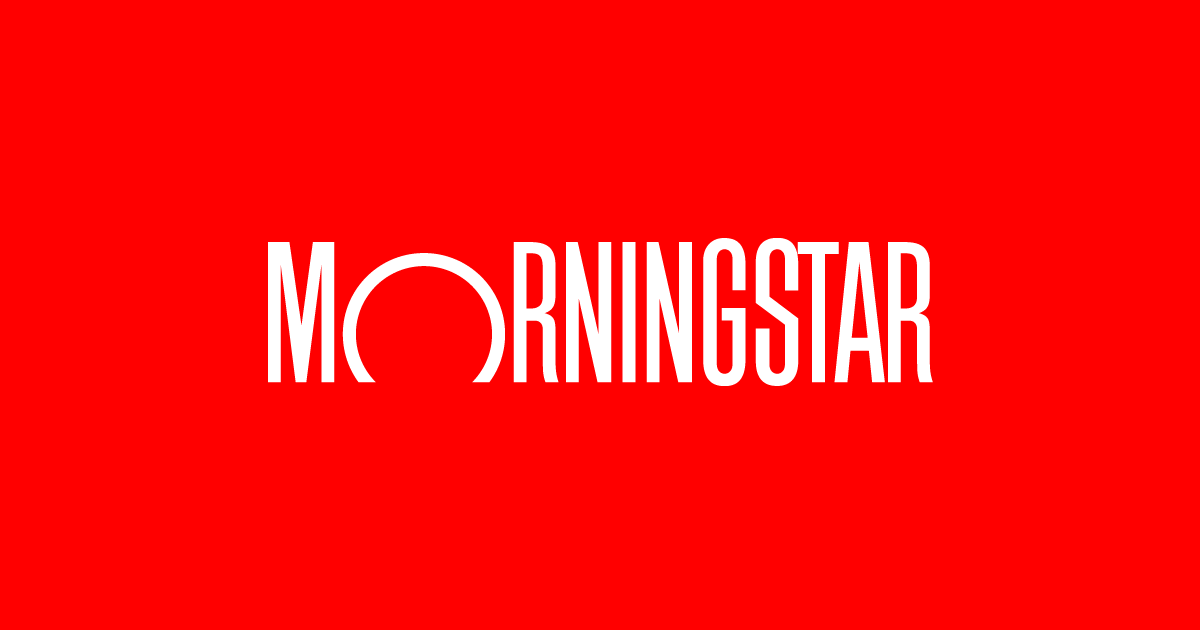By Dan Moisand
There’s a lot to like about exchange-traded funds, but they aren’t all created equal
Dear Dan,
I see a lot of people that tout ETFs over traditional mutual funds. What makes them better?
– Wondering in Boca Raton
Dear Wondering,
“Better” is a relative term. To determine what is best requires some context. Exchange-traded funds, or ETFs, are what the name describes. They are essentially mutual funds that trade during the dayon the exchange just like stocks. Like everything else you can put in your portfolio, they have pros and cons.
Conceptually, there is a lot to like. ETFs can charge very low internal fees and be bought and sold at many brokerages for no trading fees. The way ETFs are constructed and operated can make them extremely tax efficient.With both traditional mutual funds and ETFs, when a holding is sold for a profit, those gains can flow through to the investors in that fund and can be taxable.
When the manager of a traditional fund wants to reduce the size of a particular holding or needs to raise cash, the manager must place trades to sell.
Read: I’m 68 and want to help my son buy a house. But will taking $100,000 from my 401(k) hit me with a huge tax bill?
However, ETF managers typically use another method that does not trigger such taxation. The manager of an ETF can essentially transfer the holding in-kind to an “authorized participant”. This transfer does not trigger a sale and therefore does not trigger taxable gains. As a result, an ETF structure presents more tax efficiency potential.
If you are looking at using ETFs in an IRA, Roth IRA, 401(k), 403(b) or other retirement or tax deferred account, the ETF tax-efficiency advantage is not applicable. You don’t pay taxes on gains in such accounts.
In taxable accounts, the ETF structure won’t guarantee high tax-efficiency. The underlying assets make a big difference. If the underlying assets generate a lot of fully taxable ordinary income, the fund will not be particularly tax-efficient regardless of whether it is a traditional fund or ETF.
Further, if an ETF changes its composition often or employs leverage, the manager may not be able to execute an in-kind transfer necessitating the sale of a holding and triggering tax.
A potential downside to ETFs stems from one of its touted advantages: the ability to trade during the day. Just because you can trade as often as you like during the day, doesn’t mean it’s a good idea to trade a lot. There are active traders that do well, but academic studies show that most people would be better off being a long-term investor and trading infrequently.
Additionally, traditional mutual funds are only traded at the close of business each day. However, buyers of ETFs must navigate intraday pricing issues of the ETF shares on the exchanges.
With many securities in each ETF changing value constantly through the day, there is potential for the price you pay for the ETF shares to exceed the value of the underlying holdings in the fund. When thisdifference occurs, there is a mechanism that brings the market price back in line with the underlying value, but it doesn’t always work very well, particularly in volatile markets or with underlying assets thatare traded infrequently.
If you are buying ETFs with lots of assets that track prominent indexes, this disconnect between the price you pay and the value of the underlying assets is less of an issue.
Unfortunately, just as there are bad traditional funds, there are many bad ETFs. Some are expensive. Some don’t track anything meaningful, are not able to track the underlying value well, or employ significant leverage which can result in unpleasant surprises like poor performance or high taxation.
The bottom line: a fund is neither good nor bad simply because of its structure. In our view, especially in taxable accounts, ETFs can be a fine addition to your portfolio if good ones are used sensibly.
If you have a question for Dan, please email him with “MarketWatch Q&A” on the subject line.
-Dan Moisand
This content was created by MarketWatch, which is operated by Dow Jones & Co. MarketWatch is published independently from Dow Jones Newswires and The Wall Street Journal.
(END) Dow Jones Newswires
07-14-25 1824ET
Copyright (c) 2025 Dow Jones & Company, Inc.





